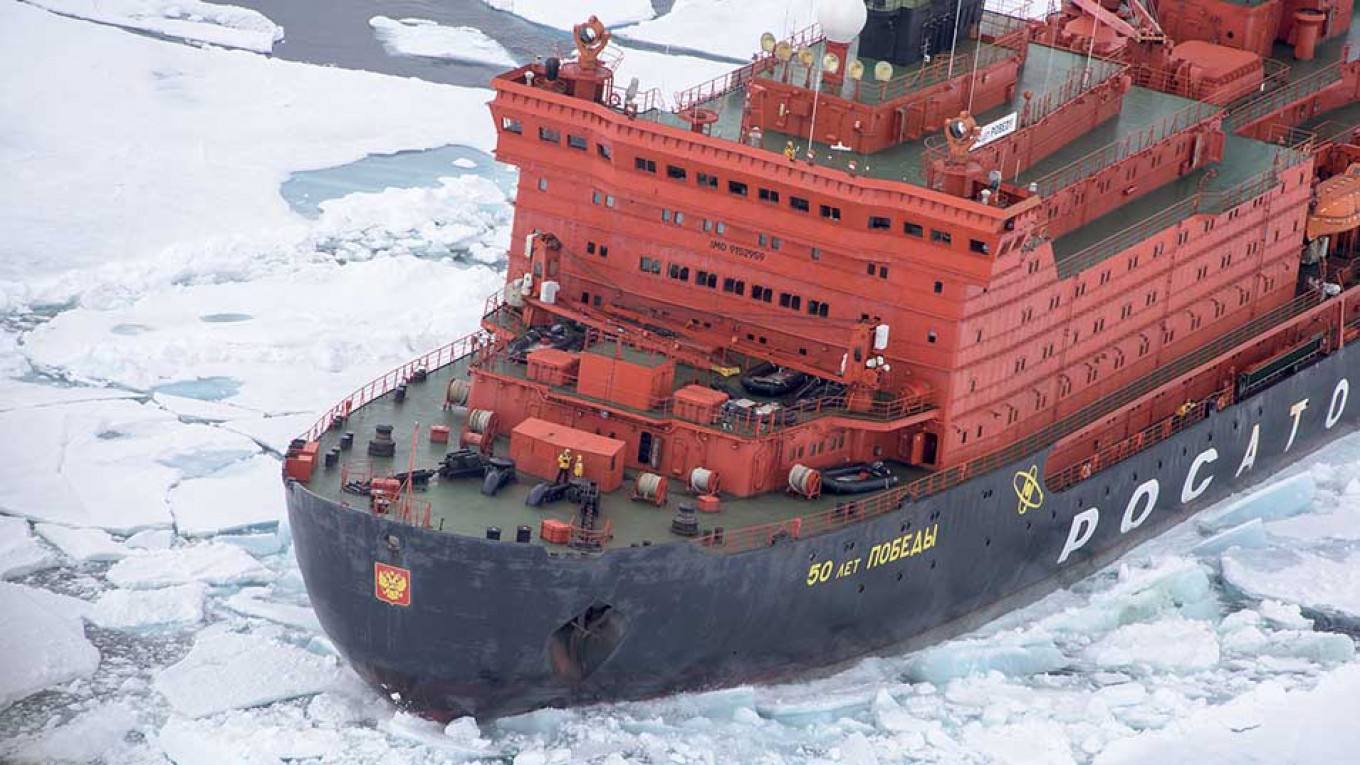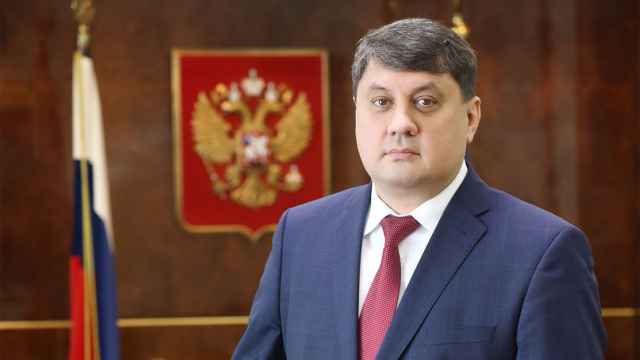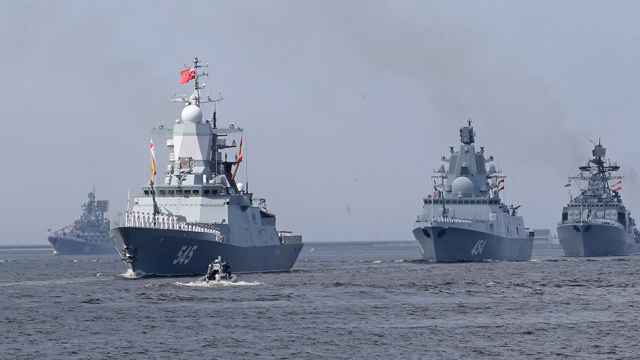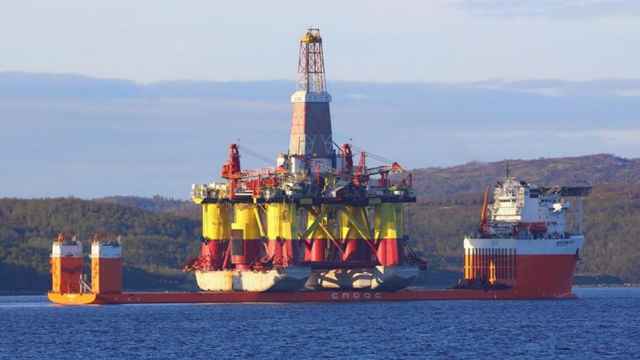Russia's second-largest natural gas extractor and liquefied natural gas (LNG) producer Novatek has been given a 40 billion ruble ($597 million) tax break to help it build the Arctic Utrenneye port in Gydan, the Barents Observer reported, citing the RBC news website.
President Vladimir Putin is prioritizing tax incentives and other benefits to encourage companies to develop the Arctic region and the Northern Sea Route.
Total construction costs for the new terminal are estimated at 144.3 billion rubles, of which the federal budget will cover 103.6 billion. Utrenneye is expected to be completed in 2023. It will serve Novatek’s next major natural gas project, Arctic LNG 2, which the company projects will produce 19.8 million tons of LNG a year.
The construction of the terminal was approved by a state commission in July this year. It will proceed in seven stages, the first three of which will include the building of state-owned infrastructure objects, including a major ship channel through the nearby shallow waters of Ob Bay, and the installment of navigational equipment.
Novatek was also granted almost 12 billion rubles in tax breaks for its Belokamenka LNG project by the Murmansk regional government earlier this year. The tax breaks will cover the period until 2023 and 2024, the regional government explained.
Novatek CEO Leonid Mikhelson said the company is investing about 120 billion rubles in Murmansk and that the first part of the Belokamenka plant will be ready this year.
And Novatek wants more. According to the Kommersant daily, the company has requested significant tax reductions for its ship-to-ship LNG reloading project in the Arctic waters outside the Kola Bay.
Starting from late 2019, Novatek’s fleet of ice-class LNG carriers will shuttle to the island of Kildin where the natural gas will be reloaded to conventional tankers. The 15-vessel tanker fleet is registered abroad and therefore subject to special taxes.
In a letter to Prime Minister Dmitry Medvedev, Mikhelson aked for 7.5 billion rubles in tax cuts for the reloading operations. Until July this year, ship-to-ship reloading took place in Honningsvåg, Norway.
Similar requests for tax cuts are coming from the other major companies active in the Arctic, including state oil company Rosneft.
Rosneft chief Igor Sechin this summer made clear that he will need major tax cuts from government if his company is to build a planned 600-kilometer pipeline to the Arctic coast. Rosneft is also considering building a 600-kilometer pipeline in Siberia with the capacity to carry at least 25 million tons of oil per year.
Deputy Prime Minister Yuri Trutnev told an Arctic conference in April this year that the government is willing to grant major benefits to companies invest in the Arctic.
A Message from The Moscow Times:
Dear readers,
We are facing unprecedented challenges. Russia's Prosecutor General's Office has designated The Moscow Times as an "undesirable" organization, criminalizing our work and putting our staff at risk of prosecution. This follows our earlier unjust labeling as a "foreign agent."
These actions are direct attempts to silence independent journalism in Russia. The authorities claim our work "discredits the decisions of the Russian leadership." We see things differently: we strive to provide accurate, unbiased reporting on Russia.
We, the journalists of The Moscow Times, refuse to be silenced. But to continue our work, we need your help.
Your support, no matter how small, makes a world of difference. If you can, please support us monthly starting from just $2. It's quick to set up, and every contribution makes a significant impact.
By supporting The Moscow Times, you're defending open, independent journalism in the face of repression. Thank you for standing with us.
Remind me later.






